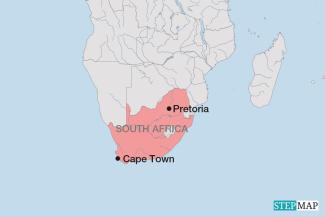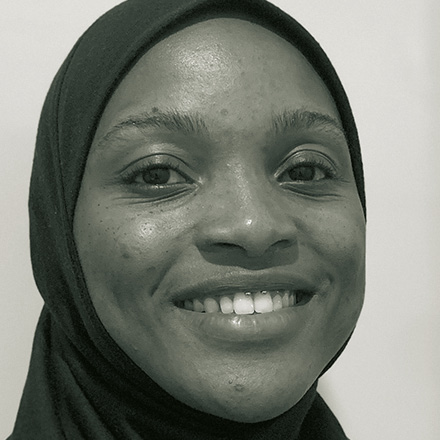Business start-up
Local mobile app challenging international competitor

Delivery ka Speed, a township delivery app, is challenging the large competitor in areas that Uber Eats overlooks. “I formed Delivery Ka Speed in 2018 because Uber Eats doesn’t prioritise low-income black townships and outrightly avoids them for a plethora of reasons they give,” says Godiragetse Mogajane, the founder of Delivery ka Speed.
Uber Eats says it avoids many townships and rural districts because of poorly coded GPS maps and rampant armed crime. Crime is so high in some South African townships that in November 2023, Google Maps had to delete Nyanga, the biggest township in Cape Town City, from its service after a British tourist was fatally shot and an American tourist brutally shot and injured whilst using the app to find their way through the township.
Sam Dandato, the secretary of the Uber Drivers Union in the capital Pretoria, admits that by restricting itself to middle- and upper-class neighbourhoods, the company is making South Africa a “badly divided country.” He however sees some advantages to it. “I guess something good is coming out of it. Home-grown rivals are prospering in districts that Uber Eats avoids,” Dandato says.
Delivery Ka Speed, which means “deliver by speed” in the local Setswana language, is rapidly conquering the space that Uber Eats avoids in the Gauteng and Limpopo provinces. The convenience service app’s strategy is to employ local drivers who know streets and avenues, as a security precaution. “We have hundreds of drivers now and thousands of customers a year,” Mogajane says. “If Uber Eats doesn’t come to our niche, we won’t mind, our customers won’t mind too because we are serving them better”.
Delivery ka Speed drivers navigate the townships on motorcycles. Orders from clients are received via the company’s WhatsApp line. The messaging app is cheap and perhaps the mostly widely used messaging platform in South Africa. “Internet bundles to access apps like Uber Eats are expensive for most people in townships in South Africa. Because 80 % of our orders go via WhatsApp – which is very cheap here in South Africa – gives us a tremendous advantage,” Mogajane says.
Pride Shiri, an independent economist in Johannesburg, says that when international brands like Uber Eats shun underdeveloped and low-income districts in Africa, it can be a big advantage that creates opportunity for local tech innovators.
Shiri adds that innovations like Deliver ka Speed are flourishing because they build trust with communities and make them believe that “you can’t rob a person from your own neighbourhood who knows the terrain well”.
Naysha Bhobo is a freelance journalist from South Africa.
nyashabhobo@gmail.com














